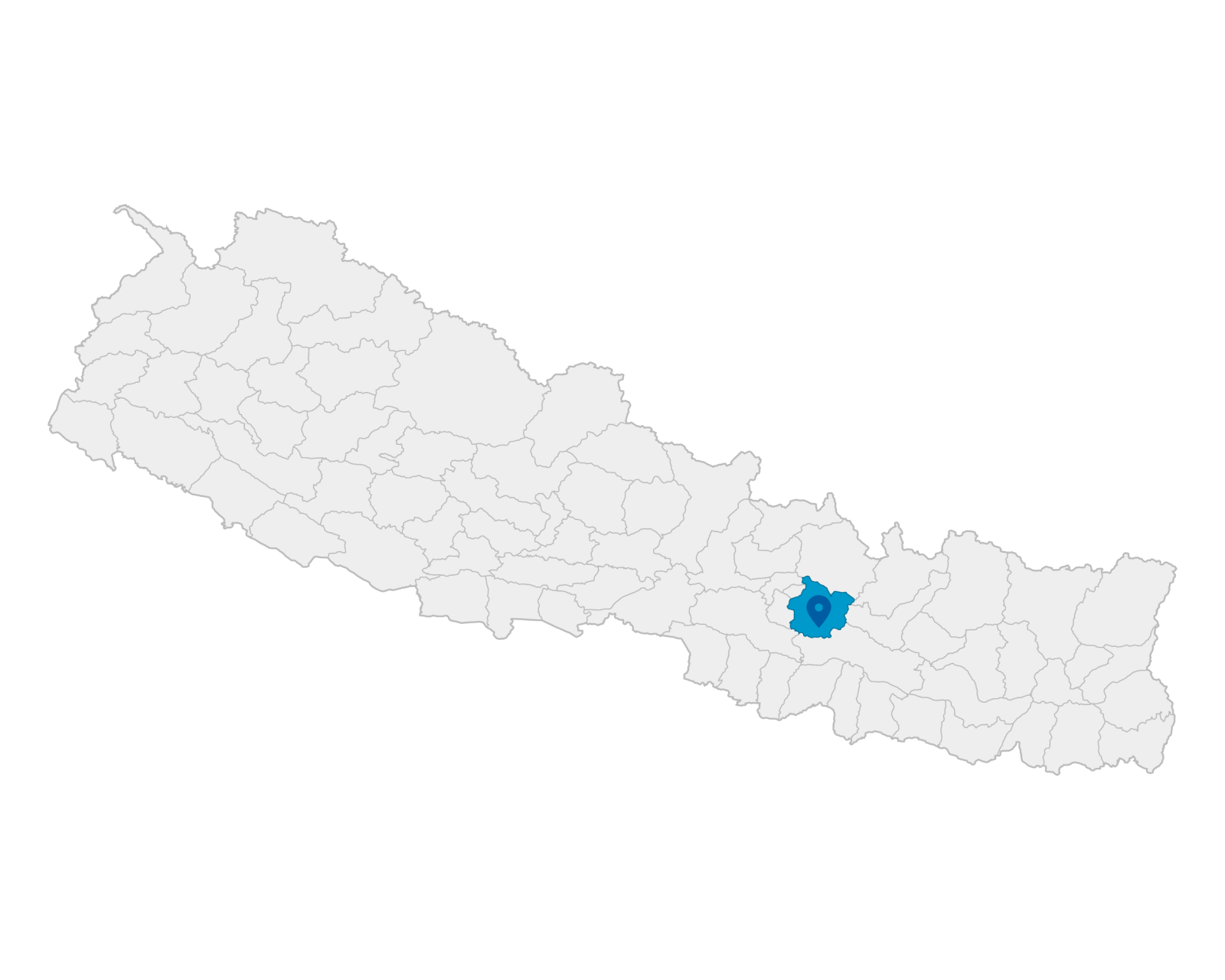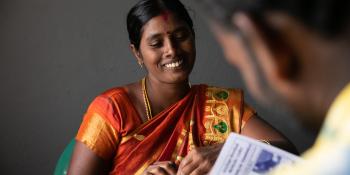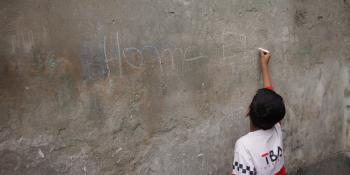
Challenges
According to reports, the widespread devastation destroyed 3,000 homes, displacing 10,000 families. Many of these families are still living in temporary shelters and are struggling to survive as they have lost their farmland and livestock.
In the aftermath, the community recognized their limited understanding of disaster risks and disaster preparedness. They realized the importance of good house construction design. The families also acknowledged that financial constraints further slow their recovery process.
Solution
Project Digo Samudaya, which means “resilient communities,” aims to promote safer and greener construction practices and build back better. It aims to build 30 homes for displaced families living in temporary shelters.
The initiative also seeks to strengthen the capacity of the community and its local government on safe shelter awareness and disaster preparedness.
Additionally, the team in Nepal will also assist the local government unit in installing an early-warning system to better prepare Kavre district for future disasters.
Results and benefits
When implemented, the project could:
- Strengthen the capacity of communities on safe shelter awareness and disaster preparedness.
- Support local government units to develop disaster risk reduction plans.
- Facilitate training for 60 local youths on safe shelter awareness and disaster preparedness.
- Strengthen the capacity of 500 community members on implementing approaches to reducing disasters in their communities.
- Support the local government unit by installing early warning systems in high-risk areas in the district.
Long-term impacts
- Families will move into safe, disaster-resilient homes with inclusive toilets for women and children.
- It will enhance disaster preparedness of the communities through community drills, youth training and safer construction practices training.
- Early warning systems will help governments send timely alerts for families to be better prepared and can evacuate safely before a disaster strikes.
- Local governments will improve planning, resource allocation and community resilience to future disasters through an improved disaster risk reduction and management plan.
Scale-up
If co-funding is possible, this project could provide houses to displaced families and better equip the community to be disaster resilient.

